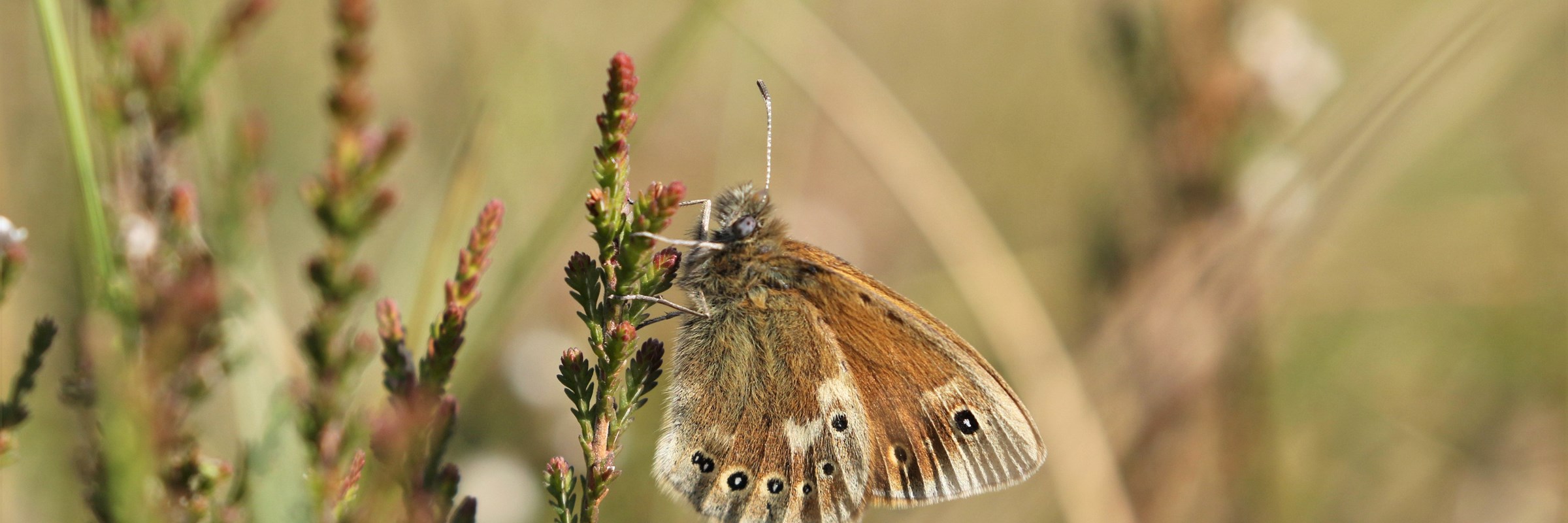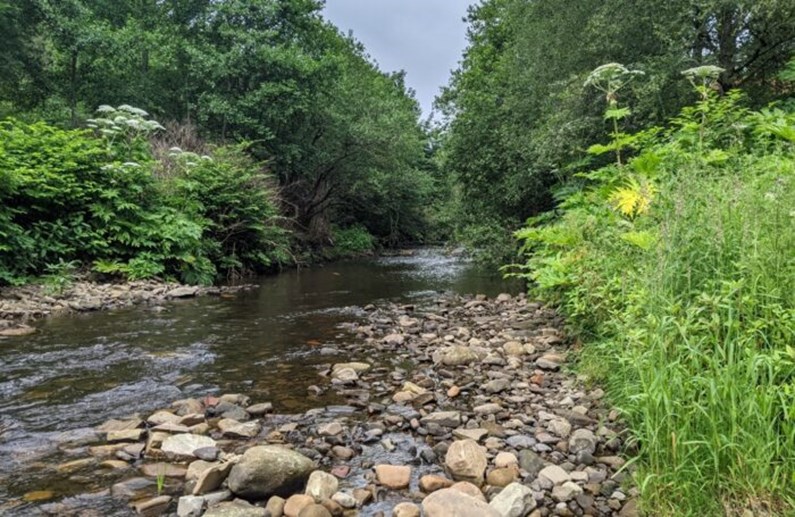
Understanding the state of nature in GM
Understanding the current state of Greater Manchester’s natural environment was an important step in developing our plan for nature, helping us ensure it was focused on the species and habitats in most need of recovery.
Greater Manchester State of Nature report
Greater Manchester's first State of Nature report provides a thorough review of the city-region's wildlife, spaces for nature and wider environment. The report includes an analysis of species decline and return within Greater Manchester, an assessment of the condition and connectedness of our sites that are protected for nature, and an overview of pressures our environment faces, and is expected to face in the near future.
Read Greater Manchester's State of Nature report (PDF, 2.90MB)
In compiling Greater Manchester’s first State of Nature report, we have sought to bring together openly available data which can provide insight across a range of environmental issues at a city-region scale.
Some of our headline findings are:
- Echoing national trends, key species of birds and mammals in Greater Manchester and the North West of England are declining. Individual bird species population show declines of up to 40% over the last 40 years and the abundance of once common mammals has dropped by between 20-40% since 1995.
- Our protected sites provide valuable refuges for nature but cover just 11% of Greater Manchester and are highly fragmented rather than forming a connected network for nature. Although recovering at present they are not in as good as condition as they could be.
- 80% of our water bodies have been heavily modified by human activities. Currently none of our rivers are in good ecological condition and we are far from meeting national targets for 75% of our waterbodies to reach this status.
- Our tree canopy covers 16% of Greater Manchester and significant efforts are being made to increase the number of trees being planted across the city-region. However, our existing woodlands could be much better managed for nature.
- Most residents surveyed considered it important or very important to live close to green space. However, an estimated third of Greater Manchester’s population do not live within 15 minutes travel of a decent sized green space.
- Our natural environment provides us with a range of benefits, from improved health and wellbeing to carbon sequestration and reduced air pollution. Every year Greater Manchester residents benefit from around £1bn in free services from our natural environment.
